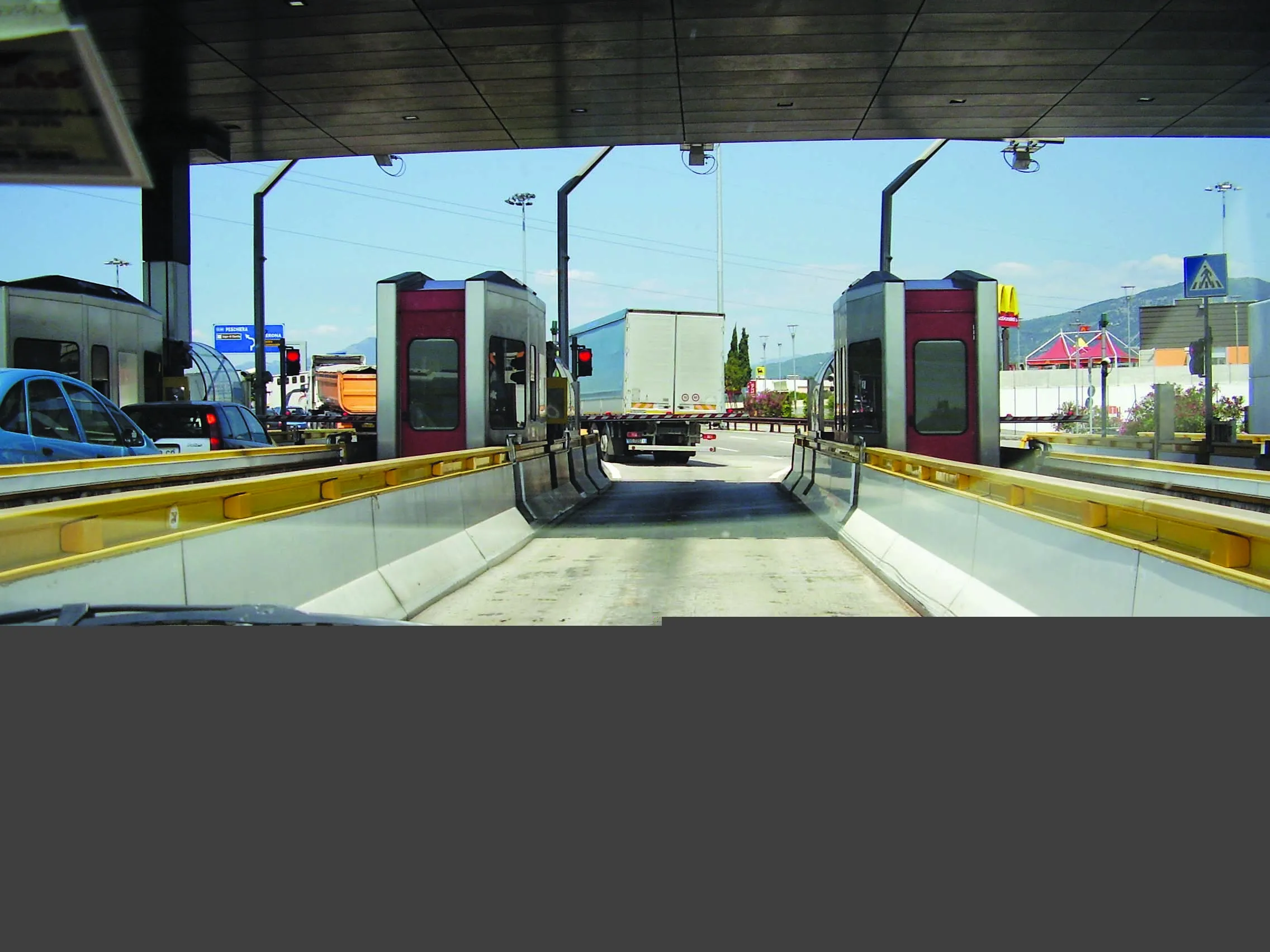The American Road & Transportation Builders Association (ARTBA) says that to tackle the funding gap for US highways, a different approach is required.
February 9, 2012
Read time: 2 mins
RSSThe American Road & Transportation Builders Association (ARTBA) says that to tackle the funding gap for US highways, a different approach is required. According to ARTBA, the massive gap between current investment levels and what the 2364 US Department of Transportation says is needed to maintain and improve the highway system cannot be closed without boosting current user fees and expanding the use of innovative financing methods. ARTBA says that fuel taxes at the federal, state, and local levels should continue to serve as the primary funding mechanism for highway and bridge improvement programmes. However ARTBA adds that non-traditional funding mechanisms must also be considered to supplement core federal programmes, including greater use of toll highways and bridges, PPPs and the creation of other financing mechanisms such as infrastructure banks and revolving loan funds. ARTBA supports providing states with toll financing options such as congestion pricing, high occupancy toll lanes and truck only lanes, if the revenue generated is used exclusively for transportation capital improvements. States should be able to use appropriately structured toll systems on existing portions of the Interstate Highway System according to ARTBA. Debt financing is another a viable funding source for long-term capital improvements to complement the core highway and transit programs, ARTBA said. However ARTBA offers a note of caution and says that innovative financing methods should not be used to reduce existing levels of highway user taxes, avoiding necessary increases in highway user fees, or diverting highway user generated revenue to non-highway uses.








